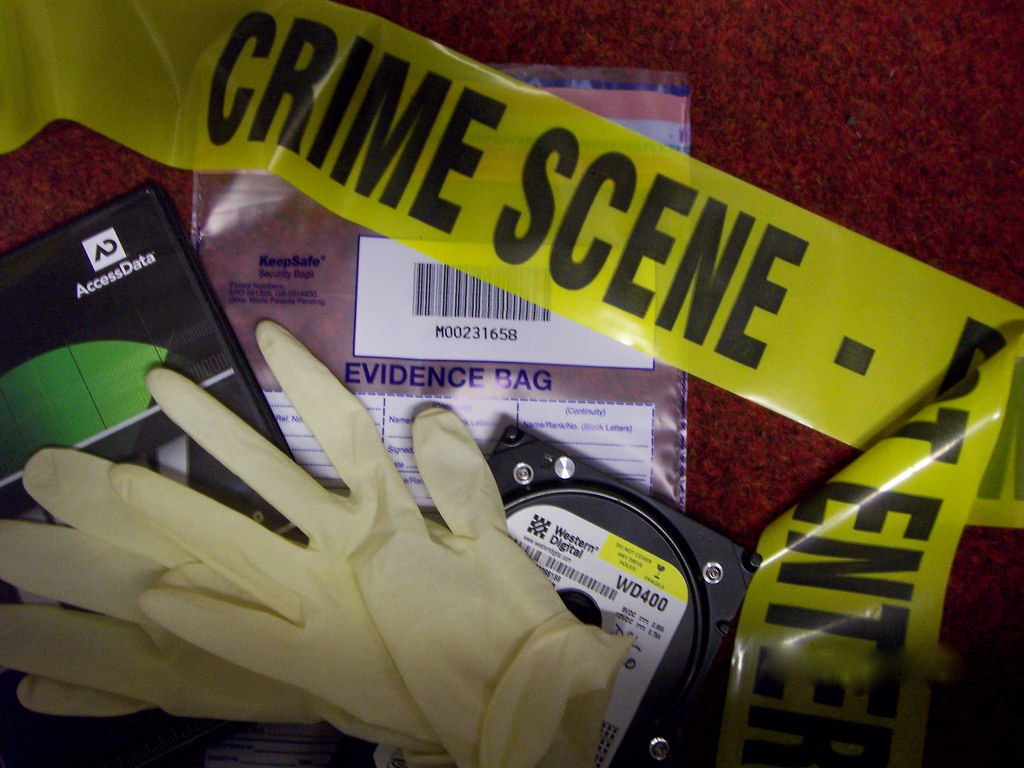Should Cops Use Family Tree Forensics? Maryland isn’t so Sure
By Megan Molteni,
Wired
| 02. 06. 2019
Police departments around the country are getting increasingly comfortable using DNA from non-criminal databases in the pursuit of criminal cases. On Tuesday, investigators in North and South Carolina announced that a public genealogy website had helped them identify two bodies found decades ago on opposite sides of the state line as a mother and son; the boy’s father, who is currently serving time on an unrelated charge, has reportedly confessed to the crime. It was just the latest in a string of nearly two dozen cold cases cracked open by the technique—called genetic genealogy—in the last nine months.
This powerful new method for tracking potential suspects through forests of family trees has been made possible, in part, by the booming popularity of consumer DNA tests. The two largest testing providers, Ancestry and 23andMe, have policies in place to prevent law enforcement agencies from directly accessing the genetic data of their millions of customers. Yet both companies make it possible for customers to download a digital copy of their DNA and upload the file to public databases where it becomes...
Related Articles
By Scott Solomon, The MIT Press Reader | 02.12.2026
Chris Mason is a man in a hurry.
“Sometimes walking from the subway to the lab takes too long, so I’ll start running,” he told me over breakfast at a bistro near his home in Brooklyn on a crisp...
By Diaa Hadid and Shweta Desai, NPR | 01.29.2026
MUMBRA, India — The afternoon sun shines on the woman in a commuter-town café, highlighting her almond-shaped eyes and pale skin, a look often sought after by couples who need an egg to have a baby.
"I have good eggs,"...
By George Janes, BioNews | 01.12.2026
A heart attack patient has become the first person to be treated in a clinical trial of an experimental gene therapy, which aims to strengthen blood vessels after coronary bypass surgery.
Coronary artery bypass surgery is performed to treat...
By Staff, ScienceDaily | 01.05.2026
Scientists at UNSW Sydney have developed a new form of CRISPR technology that could make gene therapy safer while also resolving a decades-long debate about how genes are switched off. The research shows that small chemical markers attached to DNA
...




